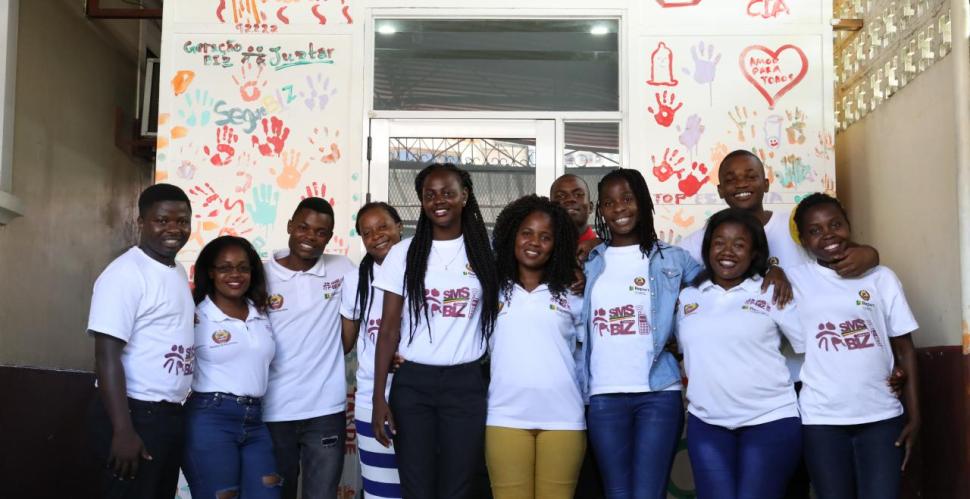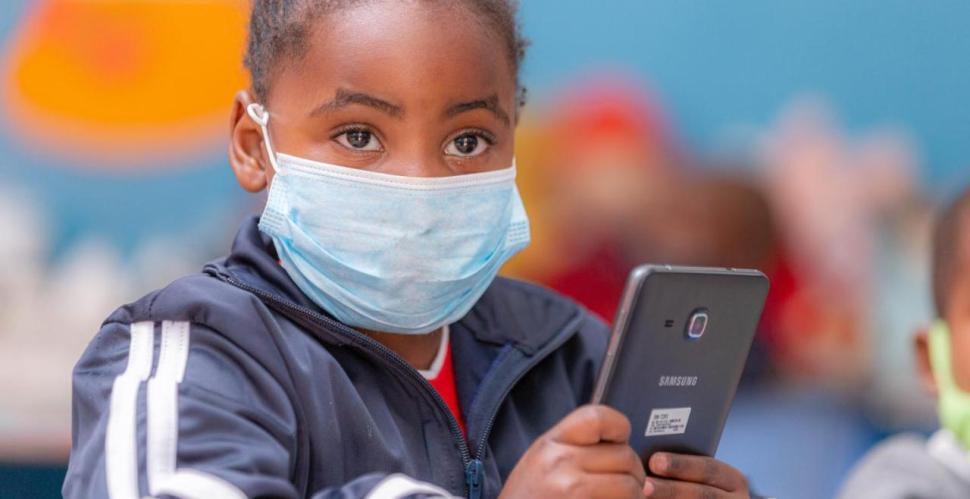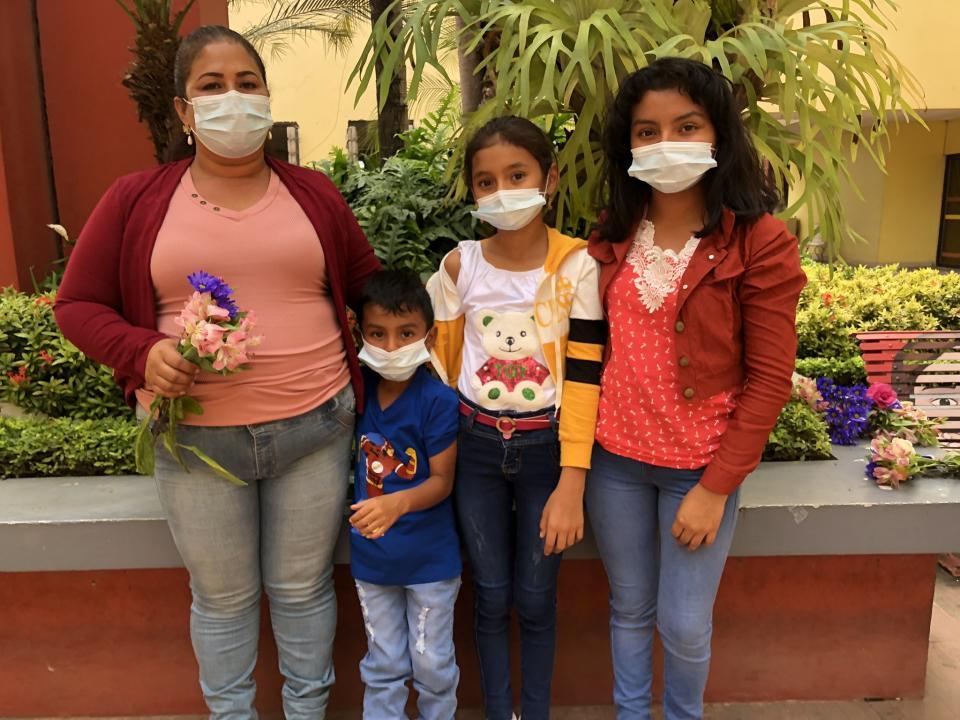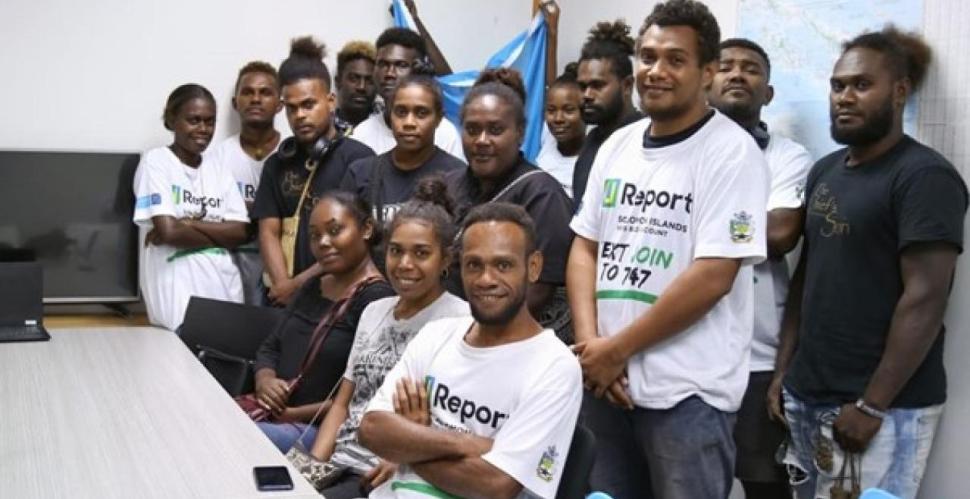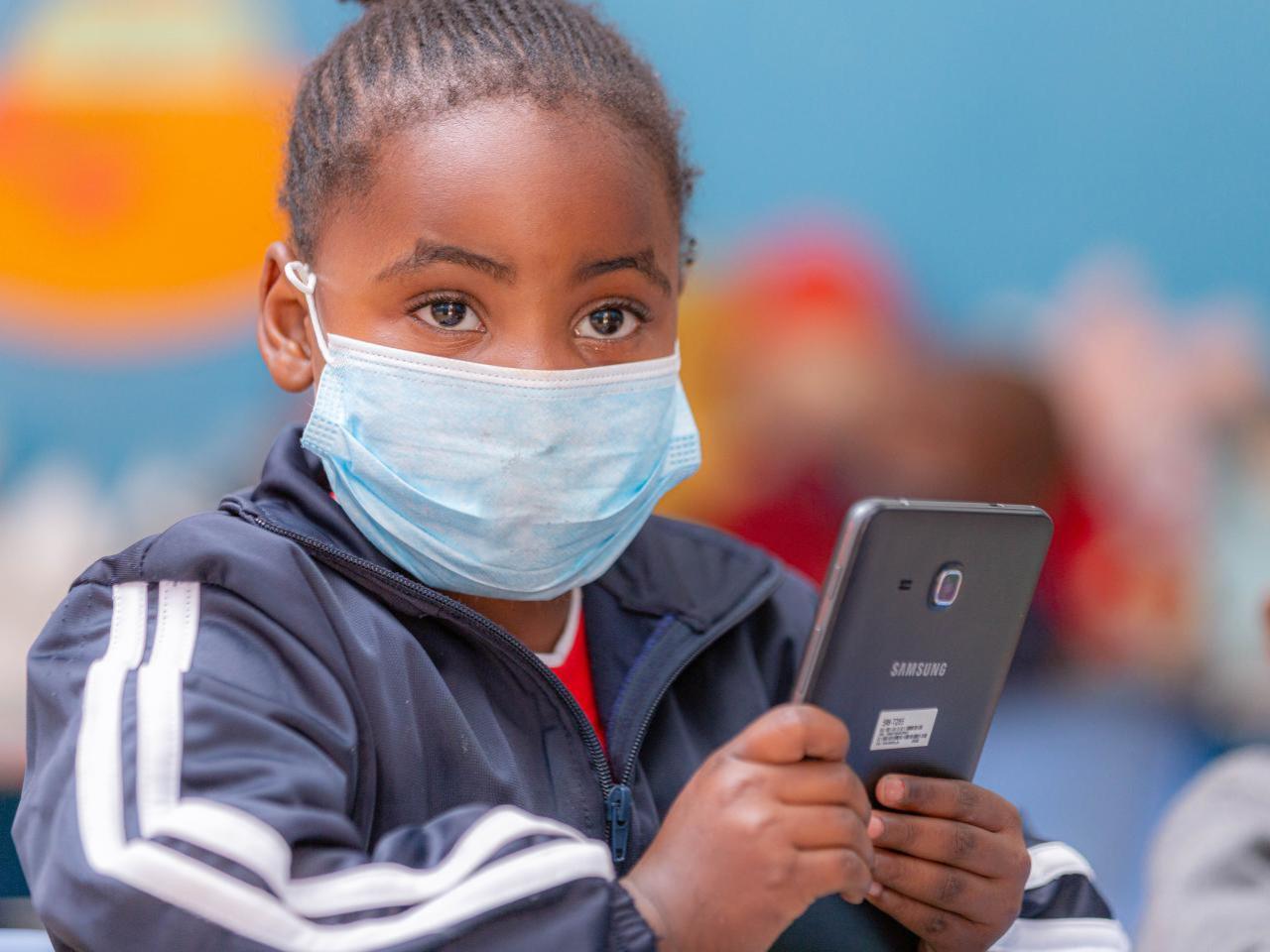International Women’s Day: How Spotlight Initiative is using technology to end violence against women and girls

NEW YORK, United States - The theme for this International Women’s Day, 8 March 2023, is “DigitALL: Innovation and technology for gender equality”. This theme highlights the fact that while the internet and technology have the power to connect an unprecedented number of people with information, they also reproduce and reinforce existing inequalities.
Globally, men are 21% more likely to be online than women - a figure that rises to 52% in some places, according to the Web Foundation. Women are also 27 times more likely than men to experience violence online, according to Head of Partnerships and Business Development at Google Jigsaw Patricia Gerogiou. This inequality is costing us – UN Women’s Gender Snapshot 2022 report found that women’s exclusion from the digital world has shaved $1 trillion from the gross domestic product of low- and middle-income countries in the last decade.
But we also know that change is possible. Here are some of the ways Spotlight Initiative is using technology to improve the safety of women and girls, both on and offline.
Providing direct support to survivors
SMS Biz is a free platform with over 293,000 users that allows young people from all over Mozambique to ask questions and get information on topics including sexual and reproductive health, teenage pregnancies, gender-based violence, HIV, child marriage and COVID-19. The medium allows them to broach topics they may not be comfortable addressing in person, while any messages tagged “violence” are handled through the toll-free National Child Helpline (Linha Fala Criança, 116) by a team of counsellors. They contact the SMS Biz user, quickly assess the situation, and provide support to refer and follow up on the case with social welfare, police and justice services.
To reach even more adolescents and youth, the Spotlight Initiative is supporting the platform’s expansion and training more counsellors to increase response capacity.
Implementing digital laws and policies
In Belize, the Spotlight Initiative provided recommendations in support of the amendment of the Cyber Crime Act, while in Zimbabwe it advocated for and supported the Data Protection Act which was enacted in December 2021. It is the most comprehensive legal framework in southern Africa for addressing online violence against women and girls. The Act criminalizes offences including
non-consensual image-based abuse ("revenge porn") and online child sexual exploitation and abuse. Comprehensive amendments have been made to the criminal law that acknowledge the increased risk of online violence against women and children.
Raising awareness
In Kyrgyzstan, the Spotlight Initiative supported the development of a mobile game to help young people learn how to deal with the widespread practice of Ala-Kachuu or bride kidnapping. In ‘Spring in Bishkek’ players learn about the impacts of bride-kidnapping, legislation that protects the rights of girls and how to report an abduction. In early 2021, the game had already been downloaded over 100,000 times with more “chapters” in the pipeline.
In South-East Asia, Spotlight Initiative helped develop a mobile app to improve the safety of Cambodian women migrant workers. “My Journey" was developed through the Safe and Fair programme to provide access to services and helplines in 13 different countries with the press of a button. The app is user-friendly and accessible, delivering information through a combination of video, animations, audio and role-plays to cater to all literacy levels. “Even if you can’t read, you can use the audio function,” explained one migrant worker.
Awareness-raising can have a direct impact on the lives of those who have experienced violence. For example, in Ecuador, a digital mapping tool highlighting the country’s shocking rates of femicide garnered widespread media attention and resulted in a government decree to reform reparation payments to the children and families of femicide victims.
Improving digital literacy
In the Solomon Islands, Spotlight Initiative supports youth to understand and interact in online environments through workshops that focus on online safety. Cyber literacy is not part of the regular curriculum in the Solomon Islands and for most participants, these workshops provide a critical introduction to online safety for children as well as the impacts of cyberbullying and other forms of violence. “This training has helped me understand what cyberbullying is, how it affects children and young people and how we can help create change by sharing what we have learnt with our families and our community,” shared one participant.
Engaging influencers
Through its partnerships with UN Global Advocates and the Social Good Club, Spotlight Initiative works directly with social media influencers to help them communicate about violence against women and girls with their audiences. The Initiative worked with the Social Good Club to develop a Culture Change Commitment: a manual to guide influencers in creating their own content. It also shares information about different forms of violence by engaging experts and advocates on the Initiative's own social media channels.

